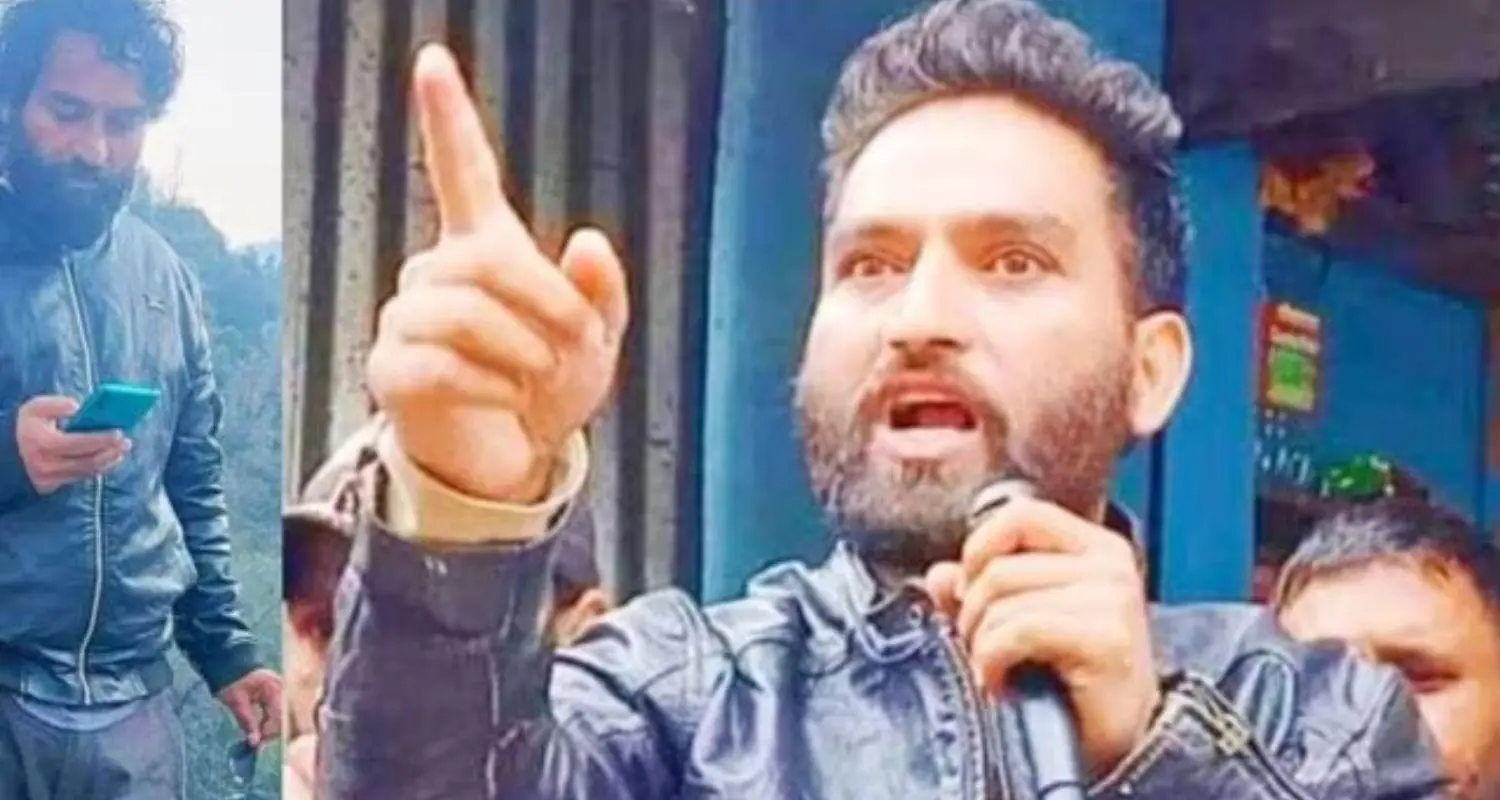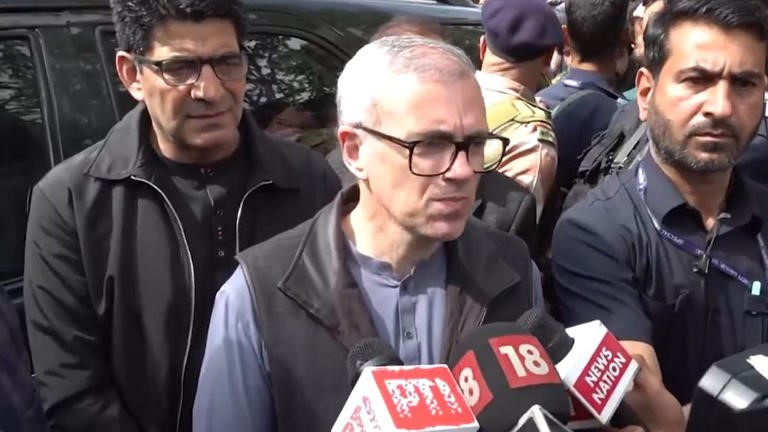A Legal Exit That Echoes Politically
By: Javid Amin | 18 September 2025
In September 2025, the fragile line between law, politics, and national security in Jammu & Kashmir blurred yet again. A senior lawyer, initially part of the defense team for Aam Aadmi Party (AAP) MLA Abdul Rashid Malik, abruptly withdrew from the case challenging Malik’s detention under the Public Safety Act (PSA).
The lawyer cited concerns of “national integrity” in stepping away — a phrase that instantly ignited debate in Kashmir’s political and legal circles. Was this a matter of personal conviction, or evidence of the mounting pressure on lawyers to distance themselves from cases deemed politically sensitive?
A Quiet Exit, A Loud Message
While the lawyer’s identity has not been disclosed, reports suggest he communicated his decision directly to the court and Malik’s remaining legal team.
“I cannot continue in a matter that may be seen as conflicting with national integrity,” the lawyer reportedly wrote in a brief message.
The words were few, but the implications were far-reaching. In Kashmir’s high-voltage political climate, where preventive detention laws like the PSA are frequently invoked, even a lawyer’s withdrawal is rarely seen as a neutral act.
Legal Ethics or Political Pressure?
The withdrawal raises a profound question: Should legal representation be guided by national sentiment or professional ethics?
-
Civil society groups argue that the lawyer’s reasoning undermines the principle of fair trial, enshrined in India’s Constitution and international human rights law.
-
Legal experts warn that invoking “national integrity” could set a precedent where lawyers hesitate to defend unpopular clients, thereby weakening democratic safeguards.
-
Malik’s supporters frame the withdrawal as yet another example of how dissent in Kashmir is delegitimized, even in courtrooms.
At the same time, critics of Malik point to his political activism and past affiliations, framing the state’s PSA action as a necessary measure for public order and security.
Malik’s Response from Detention
From his house detention, Abdul Rashid Malik issued a pointed response:
“In today’s Kashmir, even legal defense is seen as defiance. This is disheartening but expected. We are fighting not just for freedom of speech, but for the freedom to even defend ourselves.”
His words highlight a paradox of modern-day Kashmir: the very act of seeking justice through legal channels can be interpreted as subversive.
The Bigger Picture: A Shrinking Legal Space in Kashmir
This episode is not isolated. In recent years, Kashmir has seen:
-
Arrests and harassment of lawyers working on human rights and political cases.
-
Restrictions on bar associations accused of supporting “anti-national” agendas.
-
Fear among legal professionals that representing controversial figures could harm their careers or invite state scrutiny.
The Public Safety Act, often criticized for its vague grounds and preventive nature, has become a lightning rod in this dynamic. Defending PSA detainees has grown increasingly difficult, as legal representation itself is politicized.
Democracy, Due Process, and Dissent
The lawyer’s exit underscores a broader erosion of democratic safeguards in Kashmir. In theory, every individual — regardless of charge or accusation — has the right to legal defense. In practice, that right is shrinking.
By equating legal defense with a challenge to “national integrity,” a dangerous precedent is set: one where lawyers must choose between professional duty and political loyalty.
Bottom-Line: A Case Larger Than Malik
Abdul Rashid Malik’s PSA detention case is now about more than one politician. It has become a litmus test for the health of Kashmir’s legal system under extraordinary political pressures.
If lawyers cannot freely defend, if courts cannot independently deliberate, and if public opinion equates legal aid with betrayal, then the very foundation of justice stands on shaky ground.
As one civil rights activist in Srinagar remarked:
“The danger is not that one lawyer left a case. The danger is that tomorrow, no lawyer may be willing to enter.”




